Popular Health Foods That Aren’t That Healthy
In an era where health consciousness is on the rise, many of us diligently scrutinize our diets, striving to make choices that promote longevity and vitality. Yet, despite our best efforts, there lurk within our kitchens certain everyday foods that subtly undermine our health goals. These seemingly innocuous items, often marketed as healthy or essential, can have hidden ingredients or effects that sabotage our well-being. This article delves into 13 such foods, revealing the covert ways they impact our health and offering insights into making more informed dietary choices. Prepare to be surprised as we uncover these dietary saboteurs hiding in plain sight.
1. Breakfast Cereals: Sugar-Coated Deception
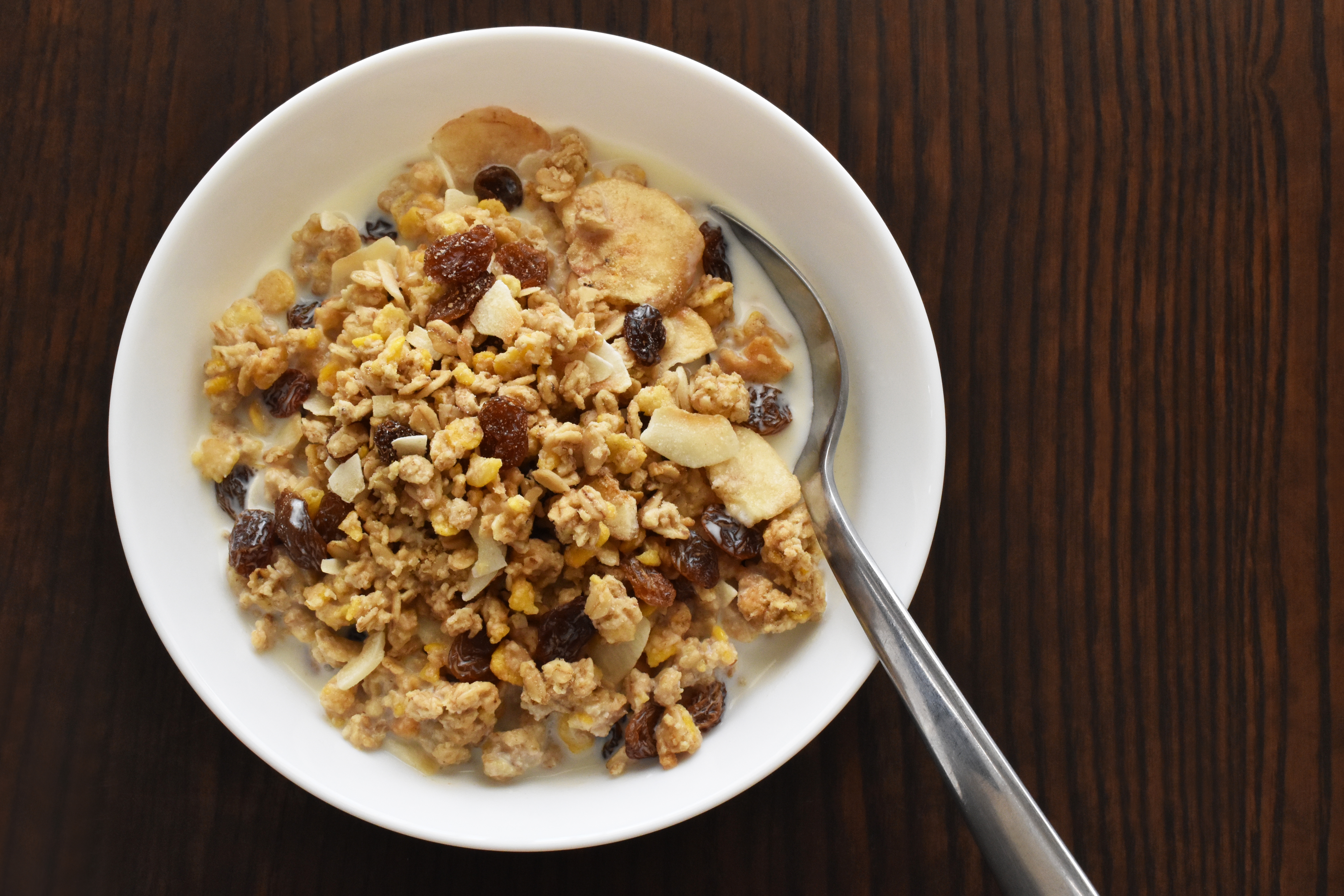
Breakfast cereals are a staple in many households, often perceived as a quick and nutritious start to the day. However, many popular brands are laden with sugar, artificial flavors, and preservatives. While the packaging might boast whole grains and essential vitamins, the sugar content can lead to energy crashes, weight gain, and increased risk of chronic conditions such as diabetes. Even cereals labeled as "healthy" or "natural" may not be as beneficial as they seem. Reading labels carefully and opting for unsweetened, whole-grain options can help mitigate these effects, ensuring your breakfast truly supports your health.
2. Granola Bars: Energy in Disguise
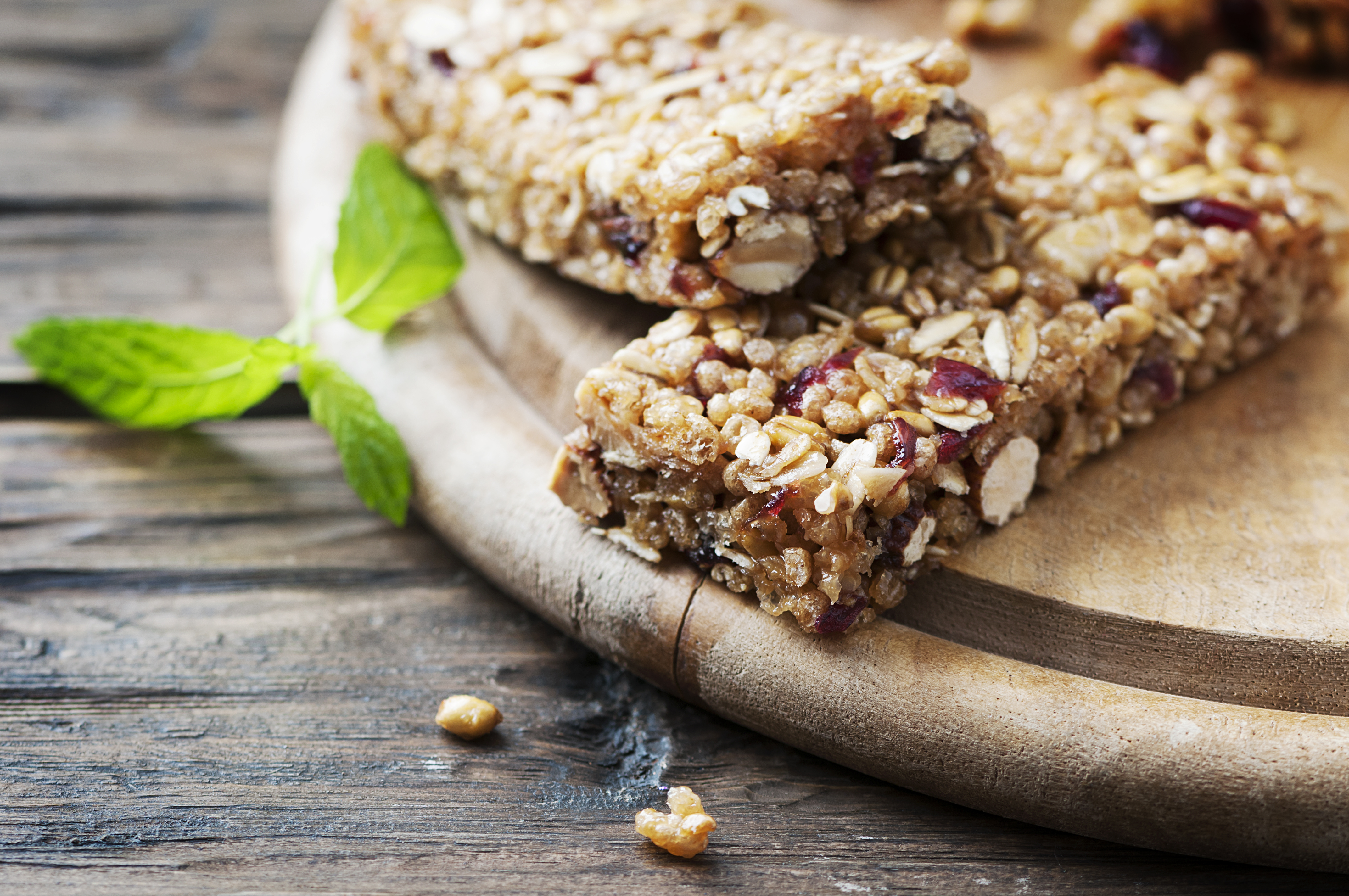
Granola bars are often marketed as a convenient, healthy snack option, yet they can be packed with hidden sugars and unhealthy fats. Many contain high-fructose corn syrup, hydrogenated oils, and artificial additives that can contribute to inflammation and weight gain. While they provide a quick energy boost, this is often followed by a crash due to their high glycemic index. For a genuinely healthy snack, consider making your own granola bars at home with natural ingredients such as oats, nuts, and dried fruits, allowing you to control the sugar and fat content.
3. Flavored Yogurts: A Sweet Trap
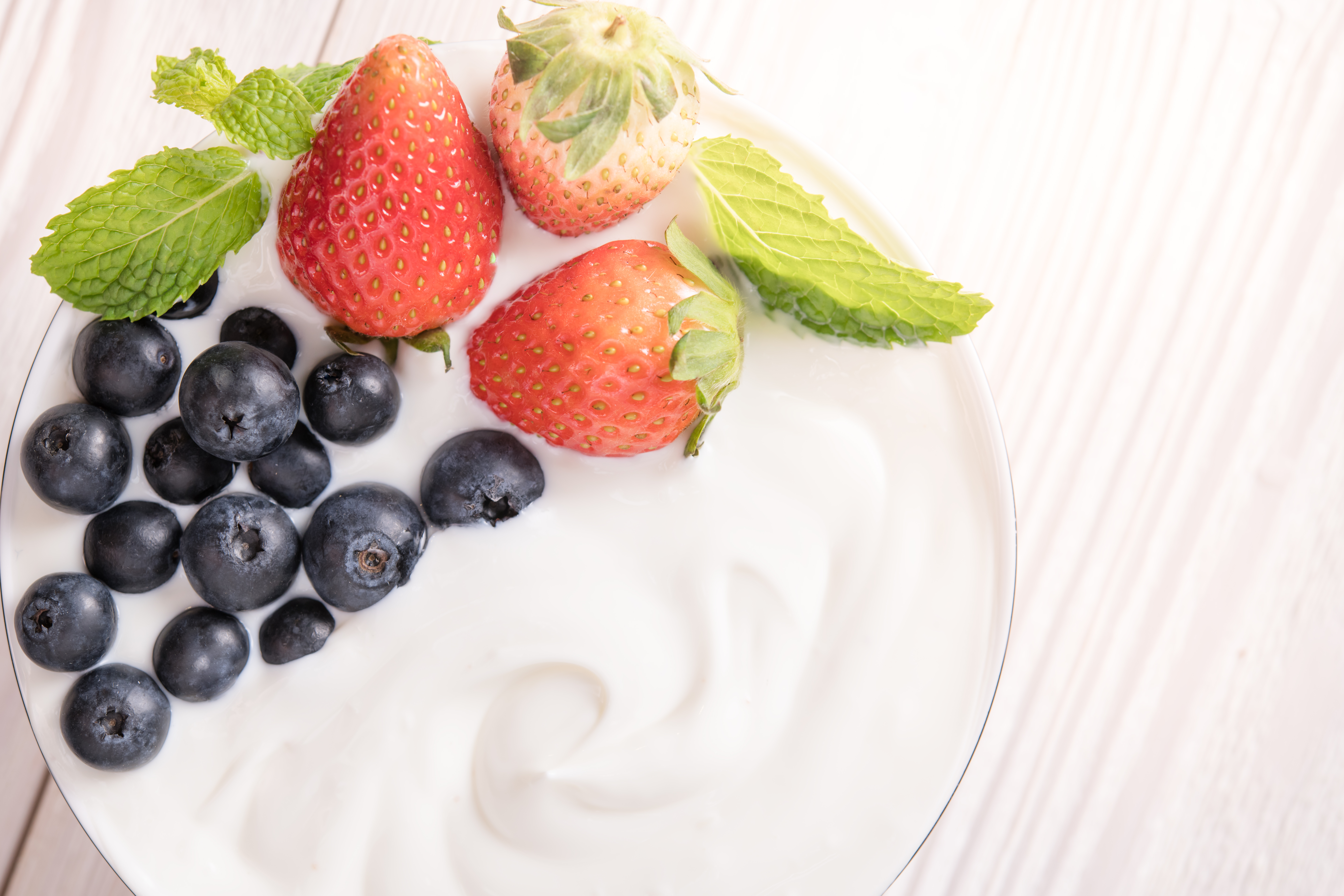
Yogurt is widely recognized for its probiotic benefits, promoting gut health and digestion. However, flavored yogurts often contain as much sugar as a candy bar, negating these benefits. The added sugars can disrupt your body's natural insulin response and contribute to weight gain and metabolic issues. Instead, choose plain, unsweetened yogurt and add your own fresh fruits or a drizzle of honey for natural sweetness. This way, you can enjoy the health benefits of yogurt without the hidden sugars that are often lurking in the flavored varieties.
4. Salad Dressings: Hidden Caloric Bombs
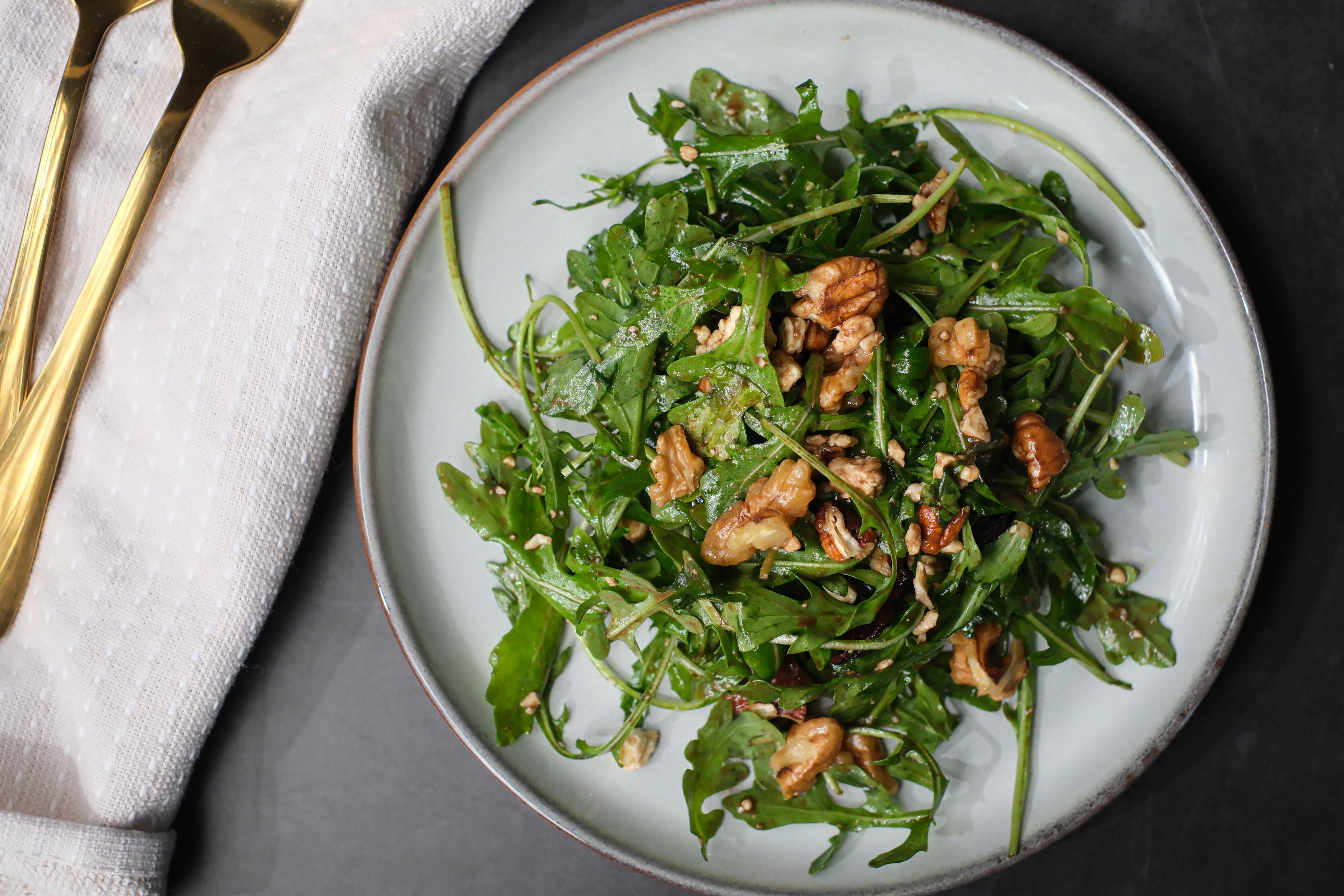
Salads are synonymous with health, yet the dressings we pour over them can transform a nutritious meal into a calorie-laden indulgence. Many store-bought dressings are rich in sugars, unhealthy fats, and sodium, which can contribute to heart disease and hypertension. Even "light" or "fat-free" versions may contain added sugars to enhance flavor. To maintain the health benefits of your salads, consider making your own dressings at home using olive oil, vinegar, and herbs, ensuring a flavorful and healthy accompaniment to your greens.
5. Whole Wheat Bread: The Fiber Myth

Whole wheat bread is often chosen over white bread for its perceived health benefits, thanks to its higher fiber content. However, not all whole wheat breads are created equal. Many commercial varieties are made with refined flour and contain added sugars and preservatives. These ingredients can spike blood sugar levels and negate the benefits of fiber. To ensure you're truly getting a healthier option, look for breads labeled "100% whole grain" or "whole wheat" as the first ingredient, and avoid those with a long list of additives.
6. Canned Soups: Sodium Overload
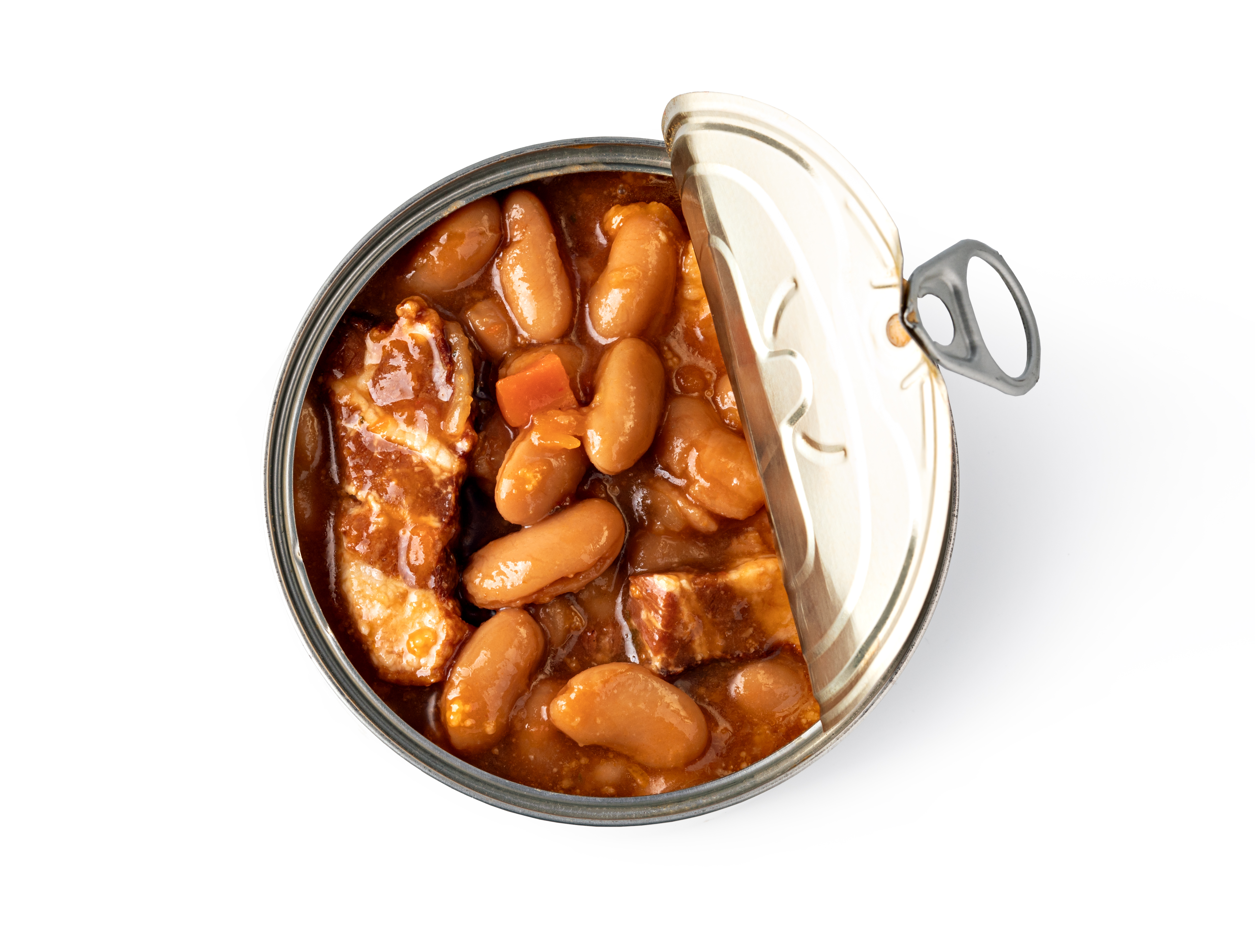
Canned soups offer convenience and comfort, especially during colder months. However, they are often loaded with sodium, which can contribute to high blood pressure and increased risk of heart disease. Some varieties also contain artificial flavors and preservatives that can have adverse health effects. To enjoy the warmth and nourishment of soup without the downsides, consider preparing homemade versions. Using fresh ingredients allows you to control the sodium content and avoid unnecessary additives, ensuring a healthier, heart-friendly meal.
7. Peanut Butter: The Sugar and Salt Conundrum
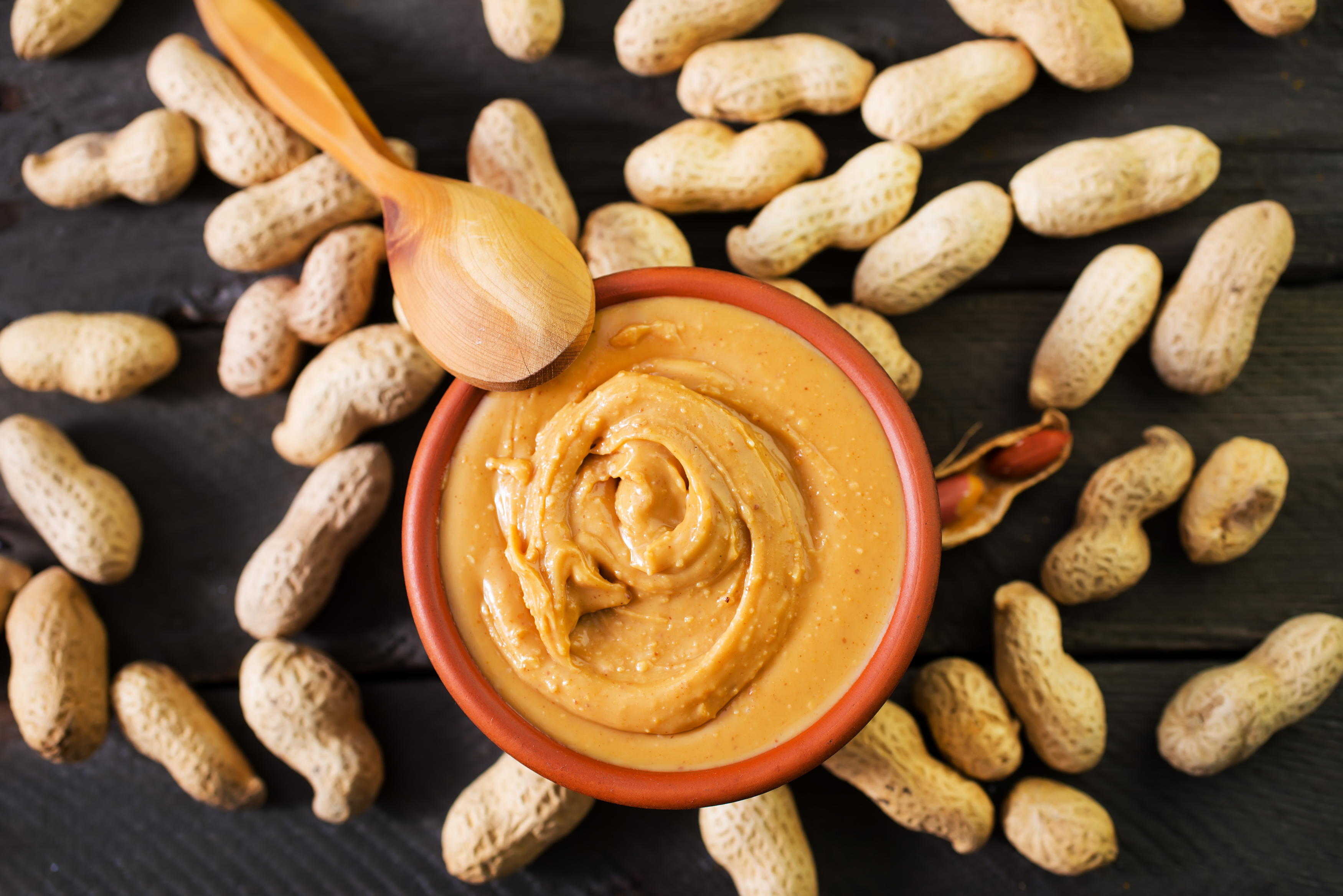
Peanut butter is a beloved pantry staple, lauded for its protein and healthy fats. However, many commercial brands are laden with added sugars, hydrogenated oils, and excessive salt, which can negate its health benefits. These additives can contribute to inflammation and cardiovascular issues. Opting for natural or organic peanut butter, which contains only peanuts and perhaps a pinch of salt, can help you enjoy this creamy spread without the hidden health risks. Always check the label to ensure you're choosing the purest option available.
8. Deli Meats: Processed Pitfalls

Deli meats, such as turkey, ham, and salami, are convenient for sandwiches and snacks, but they often contain high levels of sodium, nitrates, and preservatives. These additives can increase the risk of heart disease, cancer, and other health issues. Additionally, the processing methods can strip these meats of their nutritional value. For a healthier alternative, consider roasting your own meats at home and slicing them for use throughout the week. This allows you to avoid the hidden dangers of processed deli meats while enjoying fresh, flavorful options.
9. Instant Noodles: Convenience at a Cost

Instant noodles are a quick and easy meal solution, especially for those with busy lifestyles. However, they are often high in sodium, unhealthy fats, and preservatives, which can have detrimental effects on your health. The flavor packets typically contain monosodium glutamate (MSG) and other additives that can lead to headaches and other adverse reactions. For a healthier alternative, try preparing your own noodle dishes with fresh ingredients and low-sodium broths, ensuring a nutritious and satisfying meal without the hidden health risks.
10. Fruit Juices: The Sugary Illusion
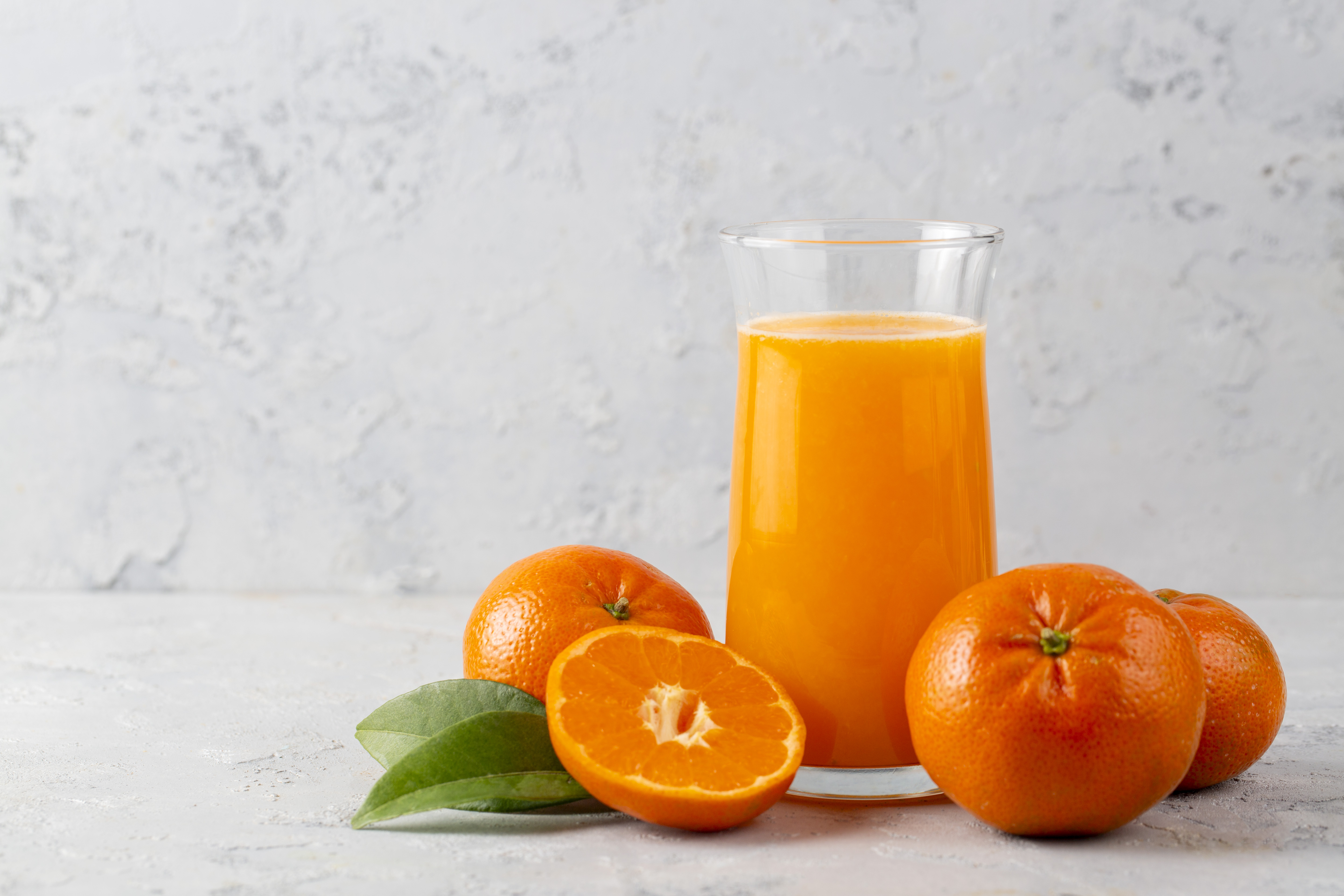
Fruit juices are often perceived as a healthy choice, packed with vitamins and antioxidants. However, many commercial juices contain added sugars and lack the fiber found in whole fruits, leading to rapid spikes in blood sugar levels. Even "100% juice" options can be high in natural sugars, contributing to weight gain and metabolic issues. To enjoy the benefits of fruit without the drawbacks of juice, opt for whole fruits or make your own juice at home, retaining the pulp for added fiber and nutrients.
11. Frozen Meals: Convenience with Consequences
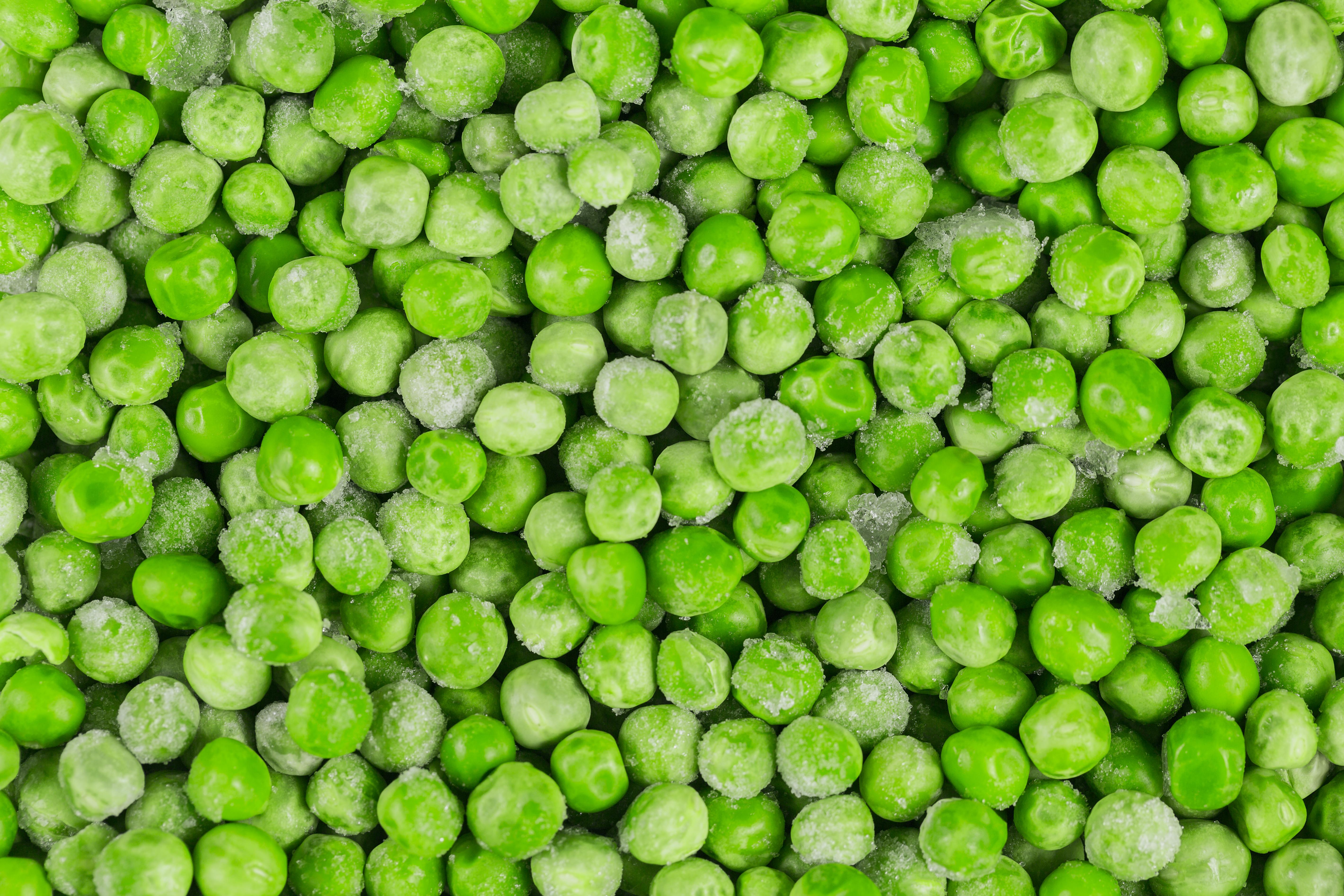
Frozen meals offer a convenient solution for those with hectic schedules, but they often come with a host of hidden health risks. Many are high in sodium, unhealthy fats, and artificial additives, which can contribute to chronic health issues. Additionally, the portion sizes are often small, leading to overeating. To enjoy the convenience of frozen meals without the downsides, consider preparing and freezing your own meals using fresh, wholesome ingredients. This allows you to control the nutritional content and enjoy a quick, healthy meal on busy days.
12. Bottled Smoothies: Liquid Sugar Bombs
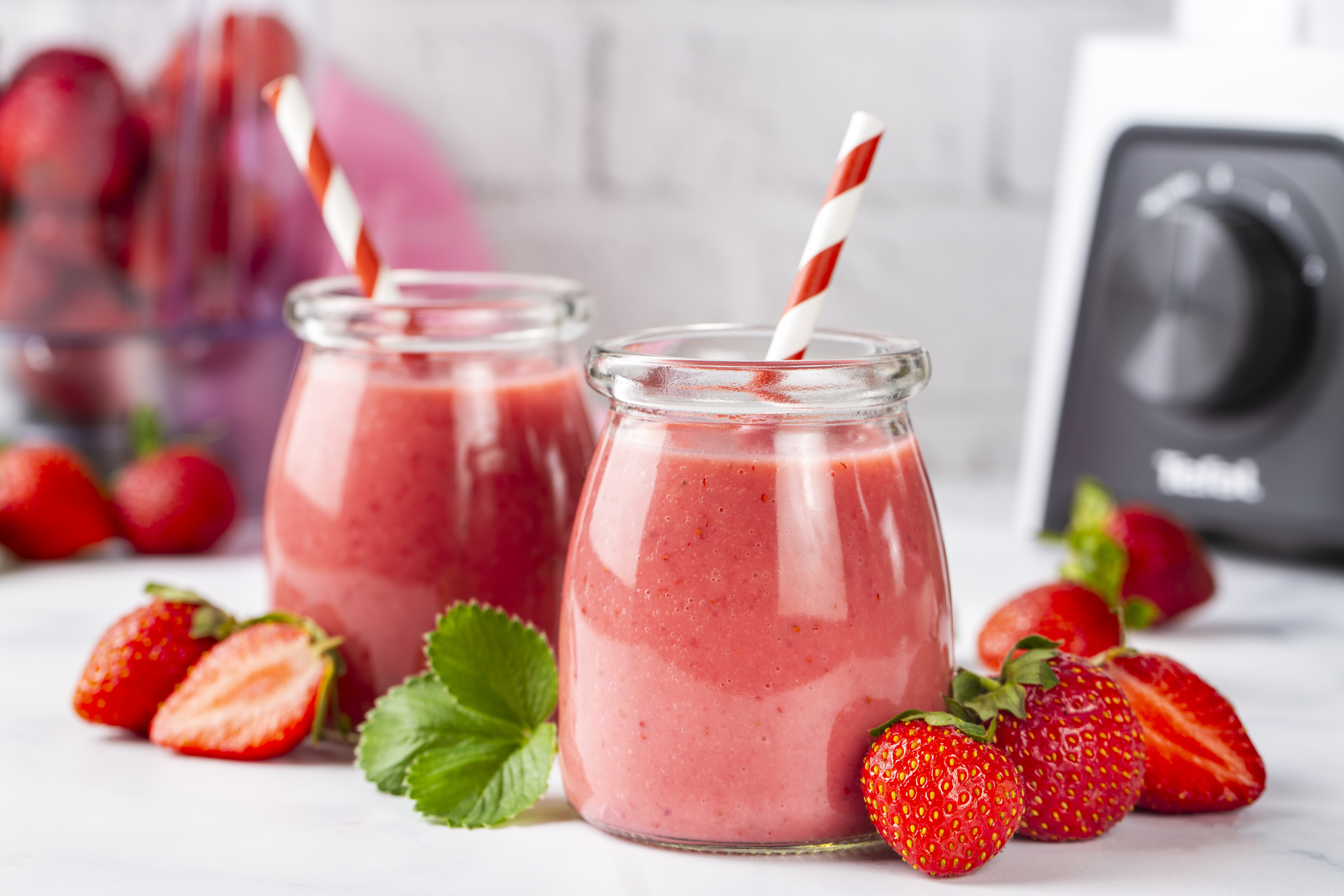
Bottled smoothies are marketed as a convenient way to consume fruits and vegetables, but they often contain added sugars and preservatives that can negate their health benefits. Many are made with fruit concentrates, which lack the fiber and nutrients of whole fruits. These sugar-laden beverages can lead to weight gain and metabolic issues. For a healthier option, make your own smoothies at home using fresh fruits, vegetables, and a source of protein, such as yogurt or nut butter, ensuring a nutritious and satisfying drink without the hidden sugars.
13. Vegetable Oils: Unhealthy Fats in Disguise
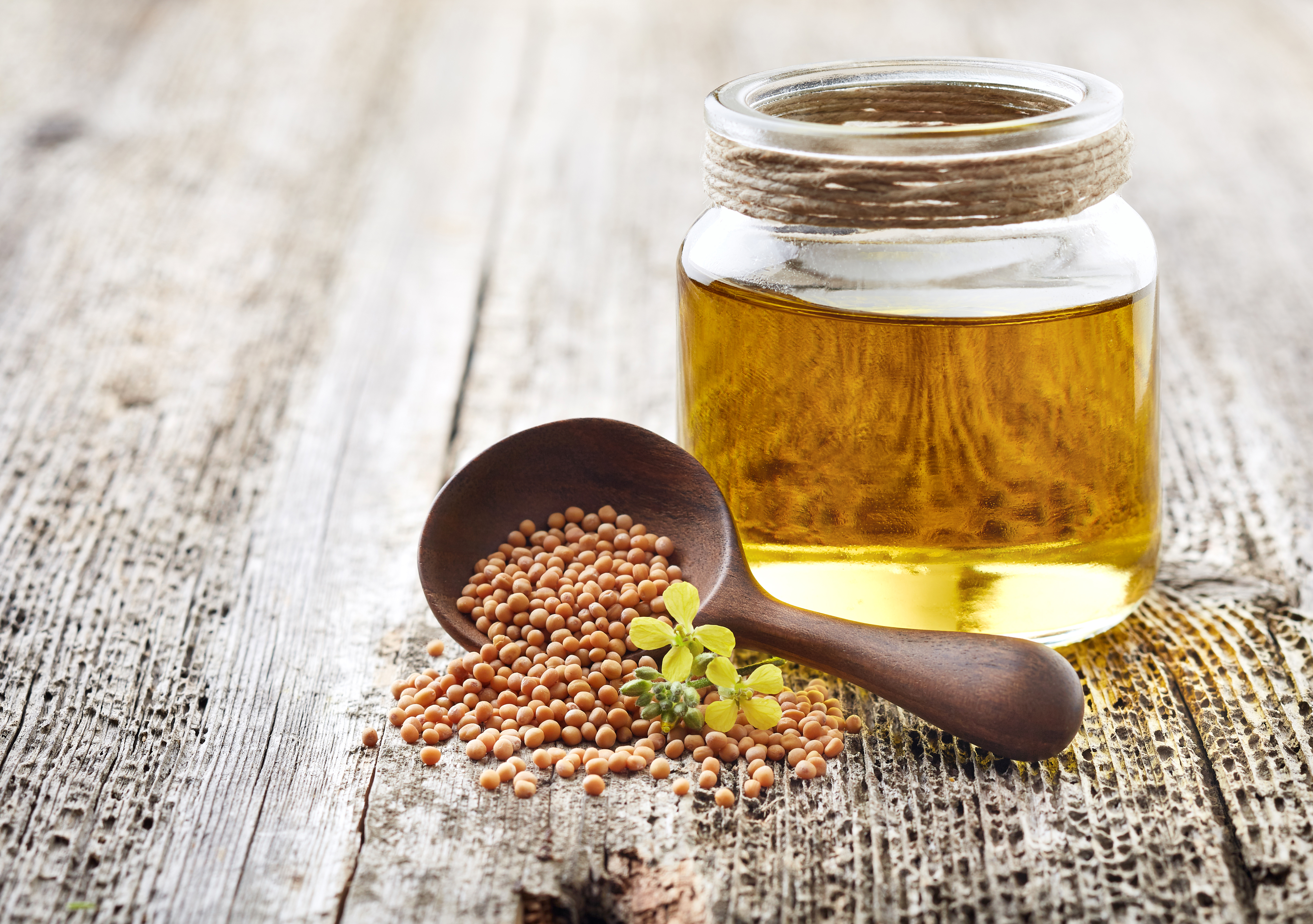
Vegetable oils, such as canola, soybean, and corn oil, are commonly used in cooking and baking, yet they often contain unhealthy trans fats and omega-6 fatty acids, which can contribute to inflammation and heart disease. These oils are highly processed and can have negative effects on your health. To make healthier choices in the kitchen, consider using oils that are less processed and contain healthier fats, such as olive oil, coconut oil, or avocado oil. These options provide beneficial nutrients and can help support heart health.
Empowering Healthier Choices

As we navigate the complex world of nutrition, it's crucial to remain vigilant about the foods we consume daily. The 13 foods highlighted in this article demonstrate how seemingly healthy options can secretly sabotage our health. By becoming more informed about the ingredients and nutritional content of these everyday items, we can make smarter choices that align with our health goals. Empowering ourselves with knowledge and opting for whole, minimally processed foods can help us reclaim control over our diets and promote long-term well-being.